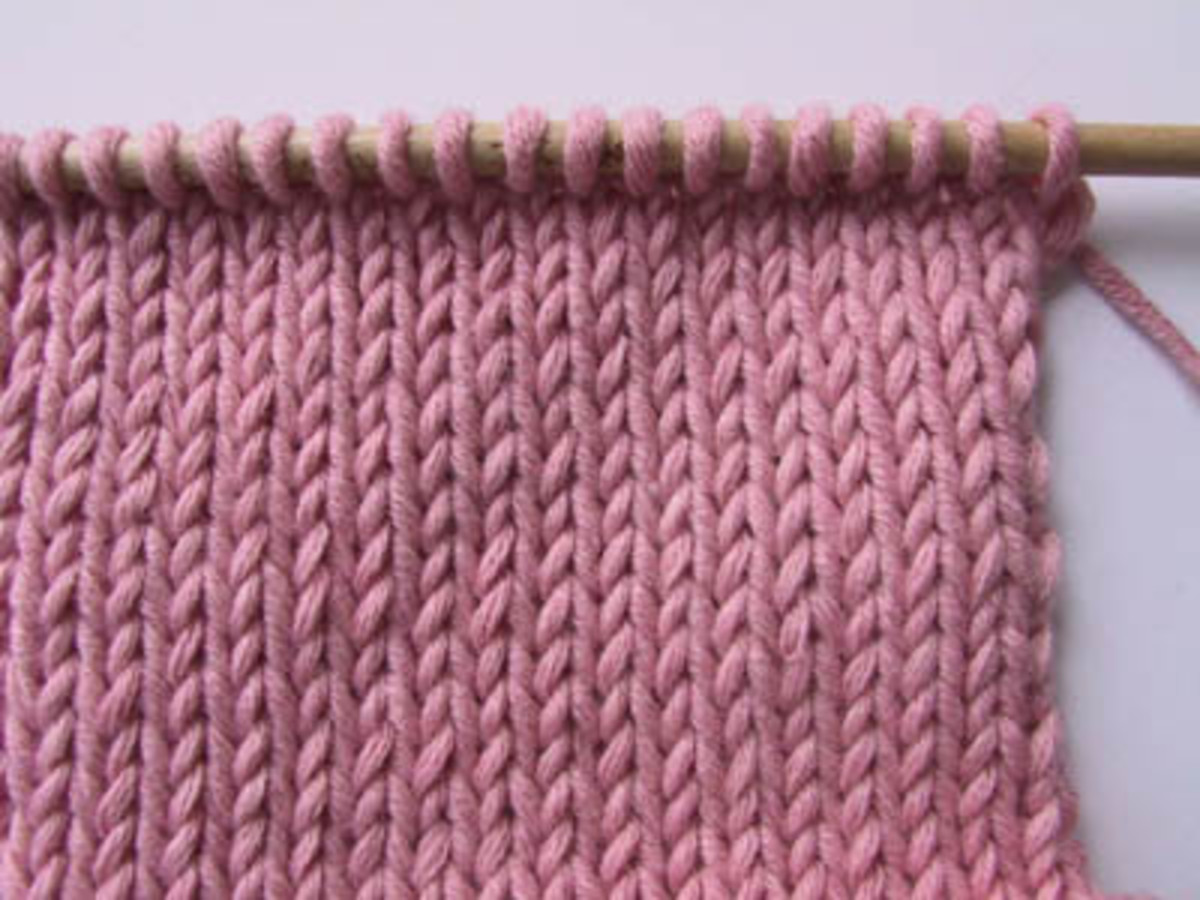Organic Cotton Clothing for Women and Babies - Soft, Healthy, Environmentally Friendly
Organic cotton products are softer, safer, healthier and easier on your skin, last longer, are more absorbent and are much better for the environment. These products are healthier and have no chemical and pesticide residues that can be hazardous for adults, children and babies.
There is increasing demand and supply of organic cotton, which has lowered prices and made it much more readily available. In 2007, about 250,000 bales of certified organic cotton were grown in about 25 countries and production worldwide was increasing at a rate of about 50% every year. Organic cotton represents less than 1% of the cotton grown. The biggest producers are Turkey, USA, India, China, African countries and Peru. Much of the organic cotton is grown on small-scale farmer that provide better conditions for workers that are not exposed to herbicides, pesticides and the host of hazardous chemicals used on non-organic cotton farms.
Organic carbon products are also free of hazardous chemicals used in the processing of cotton into fiber.
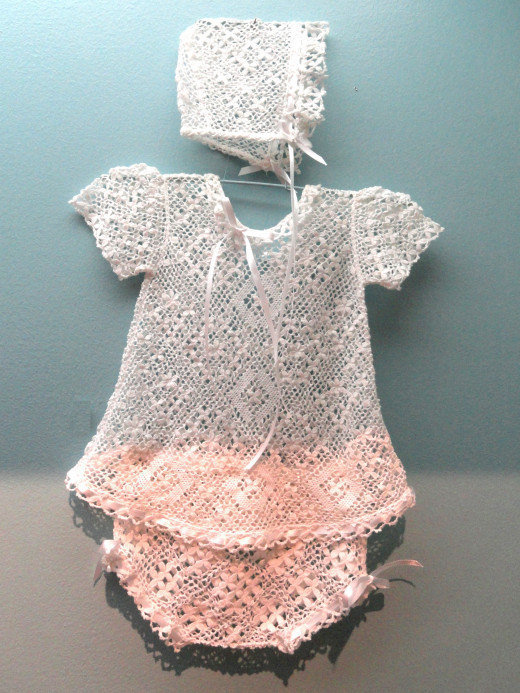


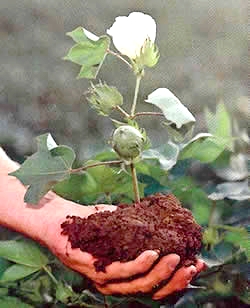
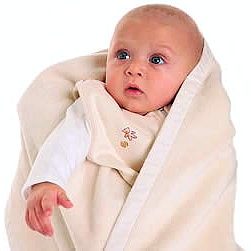



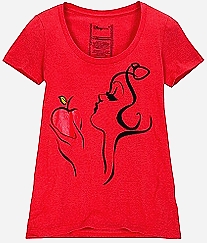
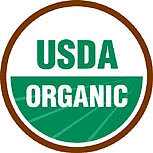

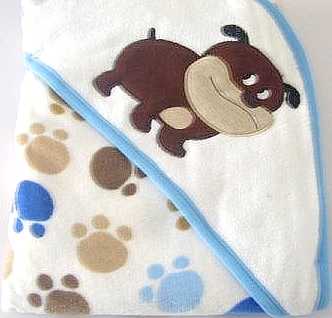
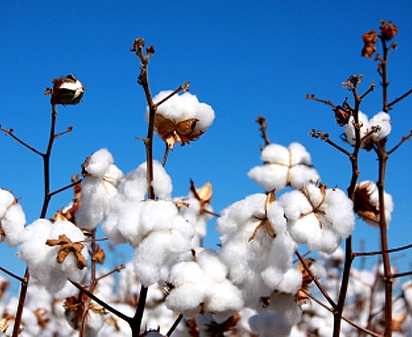
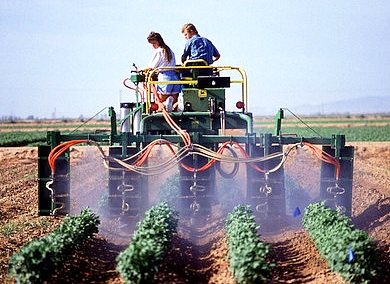
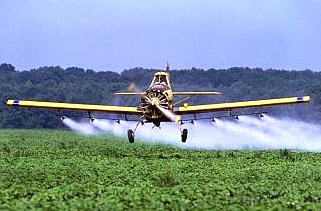
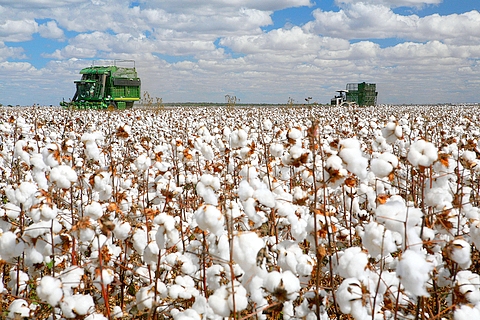

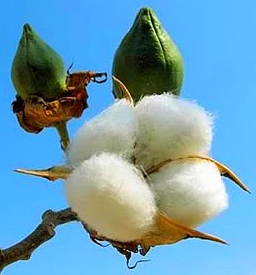
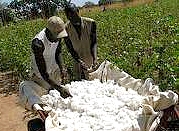
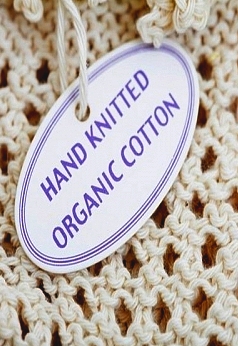
Why Organic Cotton is Better for Clothing, Bedding, Towels and other Uses
- Organic cotton is a genuine natural and sustainable product. It is very comforting to understand that organic cotton is not contaminated with harmful chemicals and is environmentally friendly.
- It is pliant, soft and cozy. Most organic cotton fabric goods are amazingly supple, because there are no chemicals, harsh dyestuffs or bleaches applied to the fabric making it stiffer. Conventional dyestuffs are inclined to make fabric coarse and non-pliant. Also, some cotton fabric goods have wrinkle-resistant and other chemicals applied to them, which consist of other toxins and synthetic coatings. People are at risk from the chemicals in pillows, bedding towels and clothing because the cotton lies touching or very close to the skin.
- Organic cotton fabric is claimed to be beneficial for sufferers of skin problems such as eczema and psoriasis because the fabric is free of chemicals residues and break-down products.
- Organic cotton fabric is free from heavy metals such as lead, chromium or copper that are used during processing and various herbicide and pesticide residues.
- Organic cotton fabric soaks up moisture from our bodies more effectively than synthetic products, helping to eradicate excessive sweating and build up of moisture in clothing bedding, mattresses and pillows. Organic cotton fabric futons and mattresses ‘breathe’ more freely which helps keep the mattress to stay dry avoiding mould and mildew and reducing dust mites and the allergies associated with moisture.
- When you buy organic cotton fabric clothing, bedding, pillows and mattress covers you will be supporting the organic agriculture industry. This helps to boost sustainable farming methods that do not damage the environment. You also help reduce pollution in the soil, air and water.
- Buying Certified organic products supports sustainability and recycling strategy. Organic cotton materials decompose naturally and do not leave behind harmful toxins and chemical residues.
- Organic cotton fabric is free from formaldehyde, a renowned irritant and probable carcinogen
- The natural features of organic cotton make the merchandise more routinely hypoallergenic and dust-mite resistant than non-organic cotton. Without the rough chemicals and pesticides that bleach, dyestuff, or chemically enhance the 'whiter' cotton fabric, the organic cotton fabric is free of rough residues that can initiate allergic responses. Young young children and offspring are especially susceptible and will benefit most to this chemical-free natural product.
- Natural fabrics, especially organic cotton clothing allow for better air circulation and is the best alternative for warm, humid weather.
- Cotton is the only natural fiber that becomes stronger when damp, and it is the preferred fabric in hospitals and clinics, since it can be sterilized and can tolerate high temperatures. Cotton apparel is the perfect wash-and-wear fabric and is generally easy to look after.
- Organic cotton fabric is fully biodegradable, and can even be composted. It is a renewable asset and it will not pollute the ground or water with chemical residues.
Problems with Conventional Cotton
The conventional broad-acre cultivation and processing of cotton causes massive health and environmental problems. Around the world, the amount of toxic insecticides and other chemicals sprayed cotton is larger than for any other crop. As resistance to chemicals has grown more and more chemicals have had to been used. Synthetic pesticides that can pollute the soil, water, air and food supply, have been associated with health problems, from cancer to eczema and cancer. Toxic chemicals are also used in the processing of cotton, adding residues to the cotton fiber, polluting waterways and are hazardous to factory workers. Organic cotton is grown and processed without using chemicals.
- Cotton is considered the world's 'filthiest' crop because of its heavy use of insecticides, many of which are the most hazardous pesticide to animal and human health. The area planted to cotton covers about 3% of the world's cultivated land, but cotton is sprayed with about 20% of the world's insecticides and about10% of the pesticides (including herbicides, defoliants and insecticides).
- The pesticides used include parathion, Aldicarb and methamidopho which are amongst the most acutely hazardous. The US Environmental Protection Agency reported that seven of the top 15 pesticides used on the cotton industry in 2000 were potential human carcinogens. The list of chemicals used is very alarming.
- Genetic engineering is rife in the cotton industry and has seen the introduction of Biotechnology (BT). In 200y, Bt cotton accounted for about 35% of total planted cotton and about 50% of total amount of cotton produced in the world. In Bt cotton, the insecticide is contained within the plant and will probably increase the rate of resistance and leaves contaminants in the cotton.
- It requires almost a third of a pound of fertilizer to grow one pound of raw cotton in the US, which is enough cotton to make one t-shirt. So every three t-shirts in your wardrobe requires a pound of synthetic fertiliser to be applied to the soil, some of which pollutes the soil and waterways.
- The cottonseed hull is a secondary crop that is sold as a food commodity, such as cooking oil. Cottonseed and cotton field trash is used for animal feed and can contaminate many animal food products.
- During the processing of cotton into fabrics and clothing, many hazardous chemicals and materials are used that contaminate the cotton and cause pollution. These chemicals include harsh petroleum based scours and detergents, silicone waxes, heavy metals, softeners, flame and soiling retardants, ammonia, and formaldehyde. Processing can release large volumes of toxic wastewater from chemical cleaning, scouring, dyeing, and finishing.
Benefits of Organic Cotton for the Environment
The chemicals listed above that are used in the growing and processing of cotton are not permitted in certified organic cotton.
- Organic cotton farmers only use natural fertilizers, like animal manure, compost and organic mulches . This recycles the nitrogen that is present the soil and no-till methods and lower synthetic fertiliser use reduces both pollution and N2O emissions which add to Global Temperature Increases (N2O is a much stronger greenhouse gas than CO2).
- Certified organic cotton production prohibits the use of synthetic chemical pesticides and fertilizers, and genetically modified organisms. It also prohibits chemical use in the processing of cotton. It is focused on building biologically diverse agricultural systems, developing and increasing soil fertility and ecosystems and promoting a healthy sustainable environment.
© janderson99-HubPages
Certification of Organic Cotton
A good source of information on organic cotton is here
Standards and Certification of Organic Cotton
In the EU, the production and certification requirements of organic crops are governed by the Council Directive on Organic Farming. The National Organic Program (NOP) defines the standard in the USA and in Asia, and the Japanese Agricultural Standard (JAS) applied for Japan.
Details of the standard are defined by organic certification:
The Australian Certified Organic (ACO) currently certifies about half of the of the Australian organic industry with Organic Growers of Australia (OGA) and the National Association for Sustainable Agriculture (NASAA) covering the remainder.
Global Organic Textile Standard (GOTS)
The Global Organic Textile Standard (GOTS) is the leading and most widely used processing standard for organic fibres and textiles throughout the world. The standard includes social and ecological criteria. Quality assurance is provided by ongoing independent certification check of the entire textile supply chain.
The key criteria are listed below:
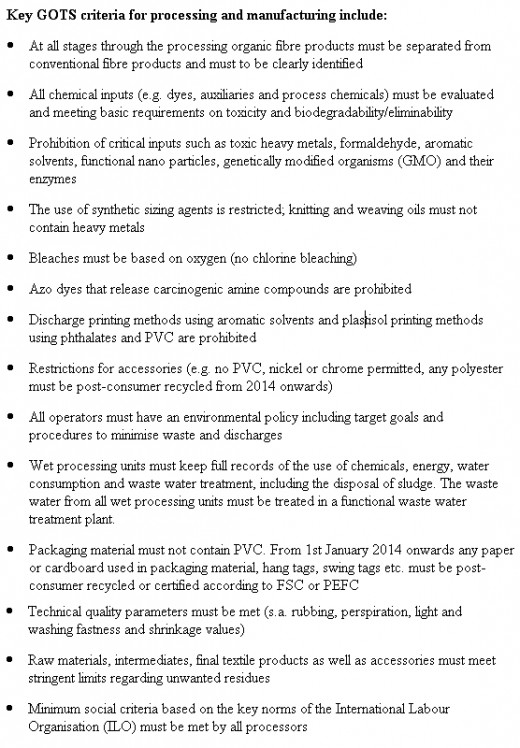
© 2011 Dr. John Anderson




